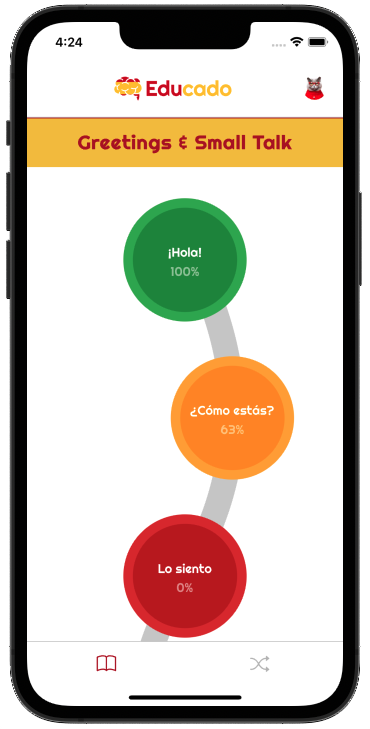How to conjugate 'zijn' (to be) in Dutch
The verb "zijn" is an irregular verb in Dutch, meaning "to be." Below is the conjugation of "zijn" in the present tense:
| Pronoun | Conjugation |
|---|---|
| Ik (I) | ben |
| Jij/Je (You - singular, informal) | bent |
| U (You - singular, formal) | bent |
| Hij/Zij/Het (He/She/It) | is |
| Wij/We (We) | zijn |
| Jullie (You - plural) | zijn |
| Zij/Ze (They) | zijn |
But there is something else going on with the pronouns. Some of them have multiple forms:
- jij / je
- wij / we
- zij / ze
In this course, we'll use the first form in the conjugations, because it's the most distinctive. In practice though, using jij instead of je would indicate emphasis on the pronoun. For example: "Nee, jij moet ophangen!" as in "No, you hang up the phone!"
The same goes for "wij" versus "we" and "zij" versus "ze". The ij instead of e is usually for emphasis! We will accept both answers though, unless there is a good reason not to.
Terms of service |
Privacy statement |
E-mail us at: info@educado.app
© Copyright Educado 2024 - All rights reserved
Educado | Opaallaan 1180 | 2132LN | Hoofddorp | Netherlands
© Copyright Educado 2024 - All rights reserved
Educado | Opaallaan 1180 | 2132LN | Hoofddorp | Netherlands


